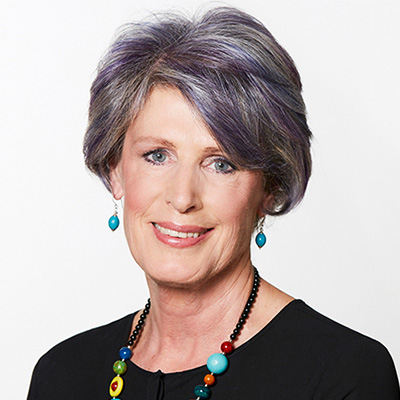
Lawyers as Peacemakers”? Hmm. Is that in the science fiction section? No, but I can see why you’d be asking your Divorce lawyer that question.
I was talking to someone about J Kim Wright’s book “Lawyers as Peacemakers”, when this question was asked. And yes, I get it. Most people aren’t used to hearing “lawyer” and “peace” in the same sentence. The good news is that there is an entire herd of us across the globe; lawyers who are committed to resolving conflict outside the court system, and actively encouraging peace in many different ways. If you are separating or divorcing and looking for family law advice, you could think about the peacemakers and changemakers when deciding on your choice of family lawyer.
You might wonder about these kinds of lawyers, maybe because you think of law as a profession that pays well and has social status. When lawyers decide to work outside ivory towers and for less money, maybe your first thought is why anyone would opt for that. Is it because the lawyer can’t cut it in the rat race? Can’t they get a “real” job? Isn’t going to court, or otherwise being aggressive, what lawyers are meant to do?
The reasons lawyers move their practices from war to peace vary, but at the core it is about seeing the futility of the wars, and about their values being offended by adversarial and conflictual approaches to life’s problems. It is typically motivated by wanting some greater good for society, especially the good of our clients, as well as seeking alignment with our personal values.
In my case, I knew fighting in courts was futile for my clients in the majority of cases, and the fact that wars happened in the genteel surrounds of a court room didn’t make it any less painful for them. In fact, I think there was a great sense of betrayal for my clients at having been let down by a system that they thought was there to defend or protect them, only to find that was an expensive pipe dream. They are some of the reasons I don’t go to court.
Courts are places of imperfect outcomes, often with one dimensional views of the problems they are asked to solve. In the case of family separation, it is true that couples sometimes want a decision to be made for them, but in my experience that is for several key reasons:
➢ Where they have fully explored all aspects of their differences or dispute, and realise that their individual points of view can’t be reconciled, but also recognise the validity of each other’s perspective.
➢ When they are worn out.
➢ When the history of conflict is so significant that agreement is not possible, and an adjudicated decision seems the best alternative.
If you identify with any of these descriptions, the idea of going to court can have high appeal. TV and film will assure you that court is fast, definitive and the good guy wins. The reality in the Australian Family Law system couldn’t be further from that.
You should know that the judge may never have practised in family law for starters, and you sure as anything can’t control the appointment or behaviour of the lawyer on the other side, nor the time or cost of the whole show. But think two years, and think $150,000 plus. And to completely rain on this idea, you need to know that only 2 or 3 percent of couples make it all the way to a trial. The rest of them settle along the way, mostly for negative reasons, such as exhaustion, running out of money, or realising that the system isn’t really going to deliver.
But fundamentally, problems are never really resolved in a court, even if a judicial decision is made. To resolve a conflict or problem means getting at what’s at the heart of it. Lawyers are generally pretty good at analysing data, and good at seeing problems as data driven. What they are not trained to do is to see problems from a human behaviour perspective, and they can’t develop any insight into the way a divorcing couple relates, because they only ever meet one half of the couple. And the brutal truth is the judge isn’t allowed to care about real resolution, and the system doesn’t give them enough time and education to do so.
Do you have your heart set on your day in court, or do you think your ex-partner feels that way? Does it seem inevitable? If you answered yes and yes, checking in with a collaborative lawyer, counselling psychologist, financial advisor or mediator, will give you good information about the pros and cons.
If you call me at MELCA on 9078 6980, download the ebooks from www.melca.com.au that could save you lots time and money, genuinely resolve your disputes and preserve the wellbeing of your whole family and your family business.

About The Author - Smart Separation.
It is my passion to challenge traditional thinking about divorce, to see common sense prevail so that divorce is separated from ‘the law’ and outside of courts. Apart from mediation and collaboration being my daily bread, as a practitioner and a trainer, I aim to change the world. A little. If you are keen to learn more about reaching an amicable settlement, please call 1800 960 064 for more information or an appointment.
